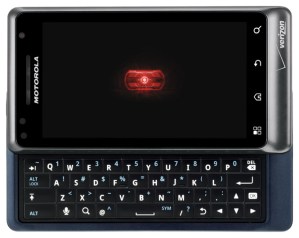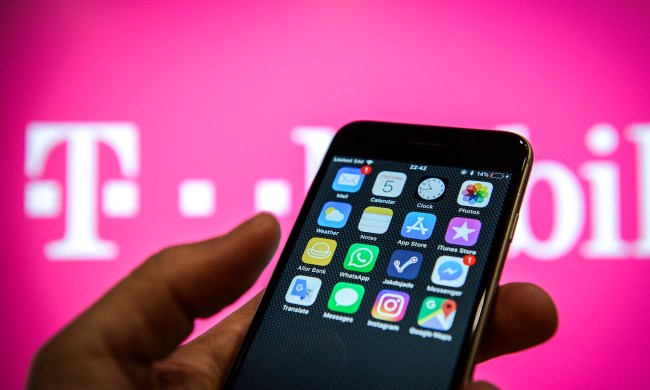
The refunds will total in the range of $50 to $90 million dollars and be distributed to 15 million customers.
Rumblings at the FCC began after an avalanche of complains poured in from Verizon customers charging that while they had never actively used data on their phone, Verizon had taken the liberty of charging them for it.
Well apparently some of these customers were either using a small amount of data running in the background or they may have accidentally pressed the browser button on the phone, which would trigger a data download, leading to a $1.99/MB data fee if they didn’t have a data plan.
This isn’t anything new for the telecom giant. The New York Times reports that Verizon customers have been dealing with this since 2007 and since then, Verizon has refused to refund those affected all while discouraging customers from completely shutting off data. This is one of the largest refunds made by a telecom in history and the FCC is likely to levy a fine against Verizon.
Verizon initially denied the issue, telling the F.C.C. in December 2009 that customers who clicked on their browser button and immediately closed it were not charged. The company is now furiously back peddling with this statement as evidence, “As we reviewed customer accounts, we discovered that over the past several years approximately 15 million customers who did not have data plans were billed for data sessions on their phones that they did not initiate… Verizon Wireless issues credits to customers from time to time based on regular review and monitoring. When we identify errors, we remedy them as quickly as possible. Our goal is to maintain our customers’ trust and ensure they receive the best experience possible.”
Of course, Verizon is well known to get its math mixed up, so I suppose we can’t be too terribly surprised.


